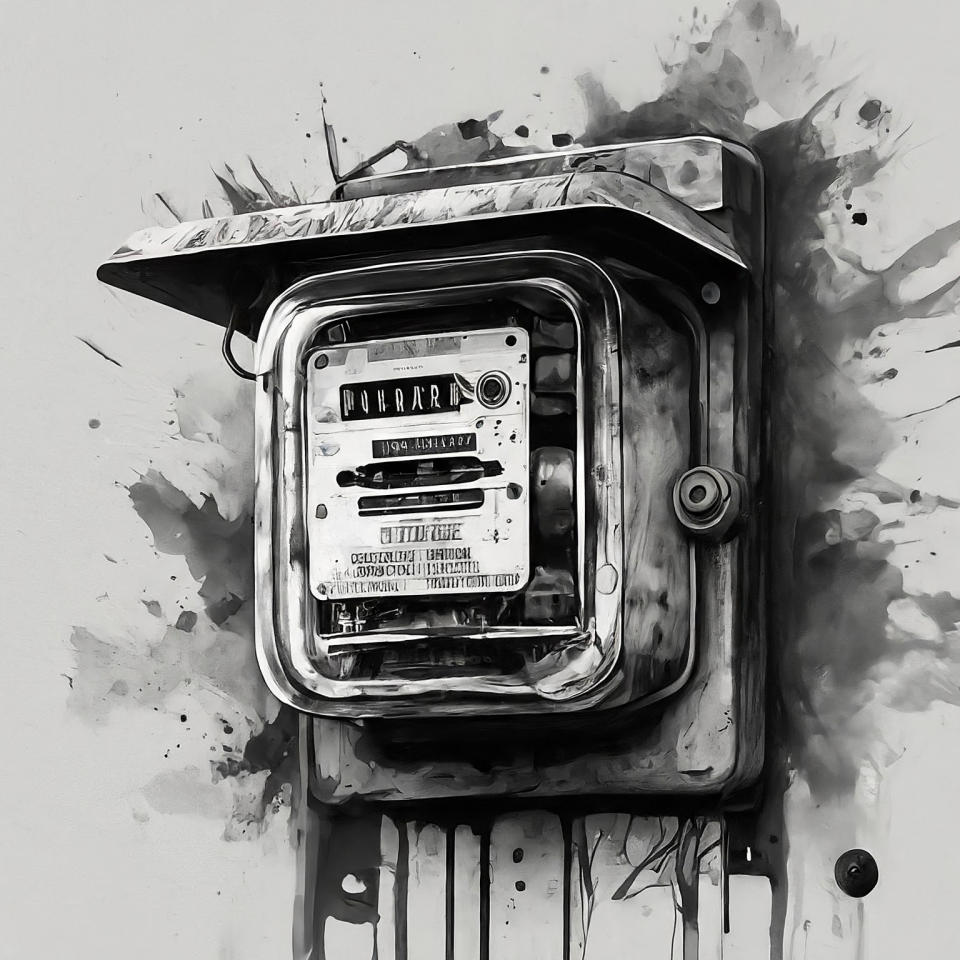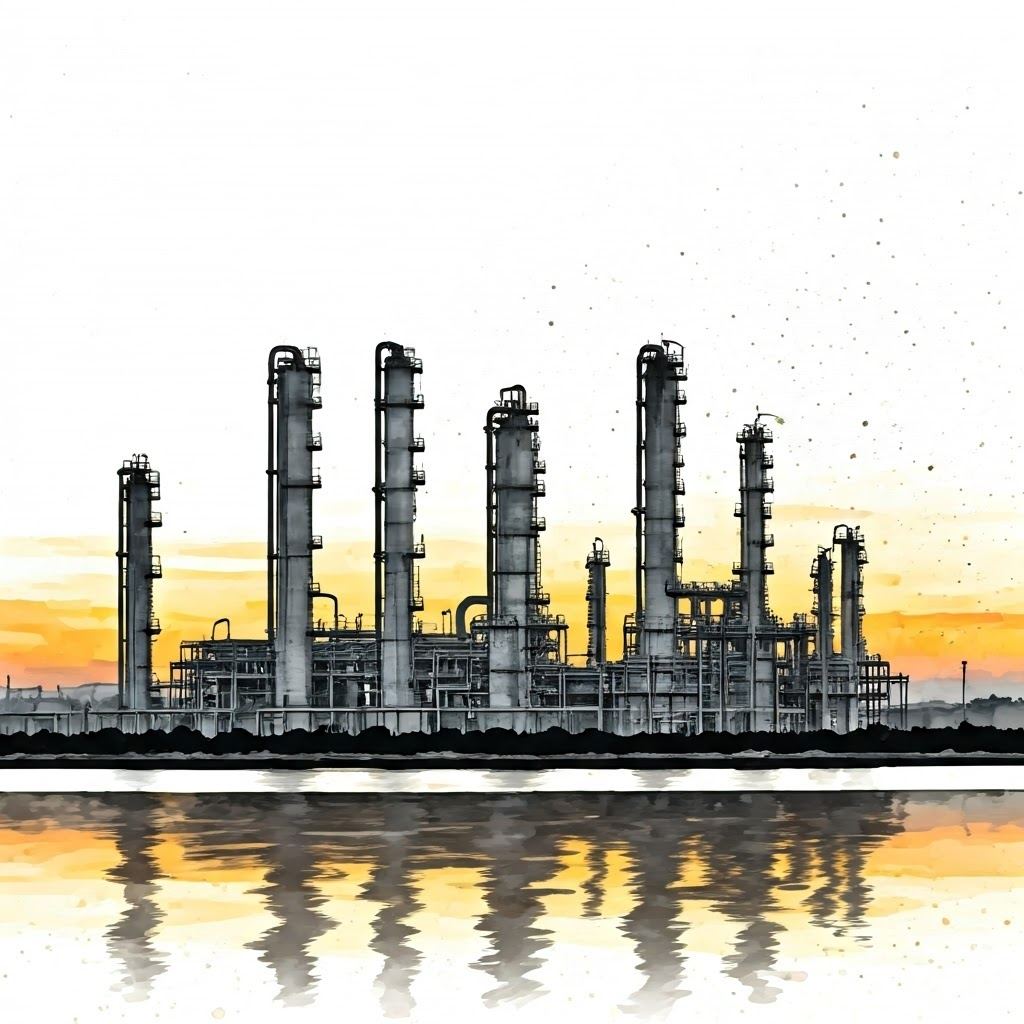Aba Power Limited Electricity (APLE) has proposed a significant increase in electricity tariffs, aiming to raise the average price to N240 per kilowatt hour. This move has been met with fierce resistance from consumers and scrutiny from the Nigerian Electricity Regulatory Commission (NERC). The core issues revolve around the affordability of the proposed increase and the perceived lack of corresponding improvements in service delivery.
- APLE proposes a tariff increase to an average of N240/kWh.
- Consumers and NERC express strong opposition.
- Concerns raised about affordability and lack of service improvements.
- APLE cites rising operational costs, including gas prices.
- NERC demands justification and tangible benefits for consumers.
Why the Price Hike?
APLE justifies the proposed tariff increase by pointing to escalating operational costs, particularly the rising price of gas, a key component in electricity generation. The company claims that the current tariff of N99.90/kWh is no longer sustainable and that the increase is necessary to cover expenses and maintain operations. APLE also highlights debts owed to the Niger Delta Power Holding Company, amounting to over N26 billion, as further justification for the increase.
Consumer Backlash
Nigerian electricity consumers have expressed outrage at the proposed tariff hike, arguing that they have not seen a corresponding improvement in service quality to justify such a steep increase. Many consumers experience frequent power outages and unreliable service, leading to frustration and skepticism about APLE’s claims. The lack of transparency regarding past spending and metering plans has further fueled consumer distrust.
NERC’s Stance
The Nigerian Electricity Regulatory Commission (NERC) has taken a firm stance, demanding a clear justification for the proposed tariff increase and tangible benefits for consumers. NERC Vice Chairman, Musiliu Oseni, emphasized that before any cost increase is passed on to consumers, a thorough review will be conducted to assess the potential impact and ensure fairness. NERC has raised concerns about consumer exploitation and insists on seeing demonstrable improvements in service quality before approving any tariff adjustments.
Metering Concerns
Stakeholders have also questioned APLE’s metering plans, expressing skepticism about the company’s proposal to deploy 100,000 meters in 2025. The substantial increase in metering capital expenditure from N4 billion to N19 billion has raised eyebrows, with demands for greater transparency on past spending and clear timelines for meter delivery.
Looking Ahead
The proposed tariff hike by APLE has sparked a heated debate, highlighting the ongoing challenges in Nigeria’s electricity sector. The outcome of NERC’s review will have significant implications for consumers and the future of electricity pricing in the country. The key question remains: will the proposed increase lead to tangible improvements in service delivery, or will it simply burden consumers with higher costs without corresponding benefits?





